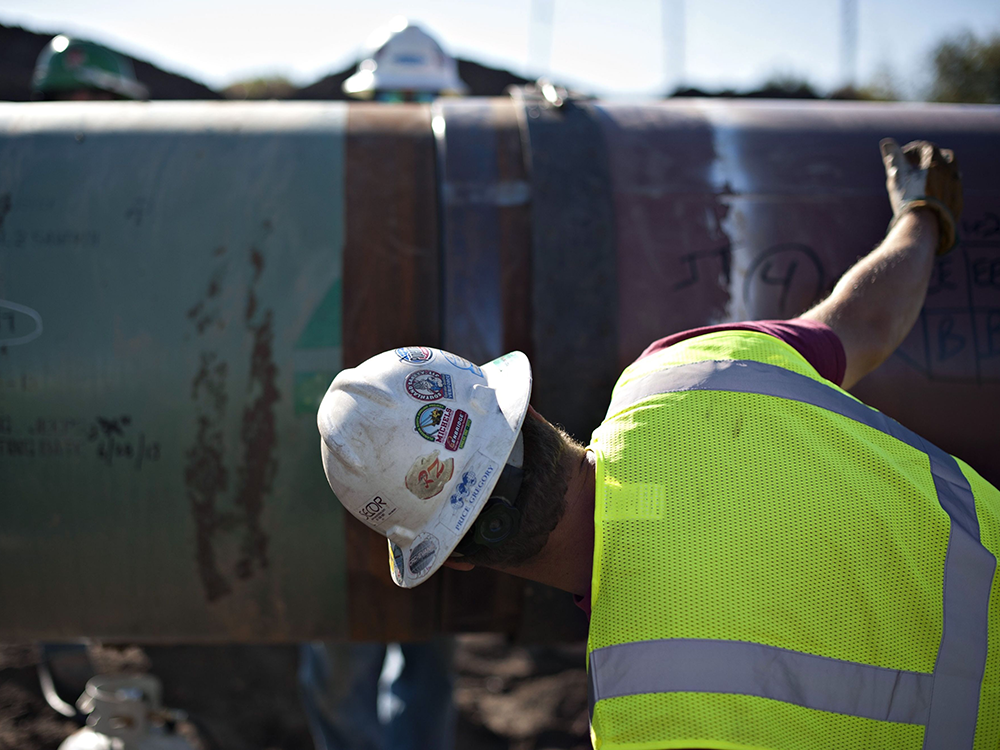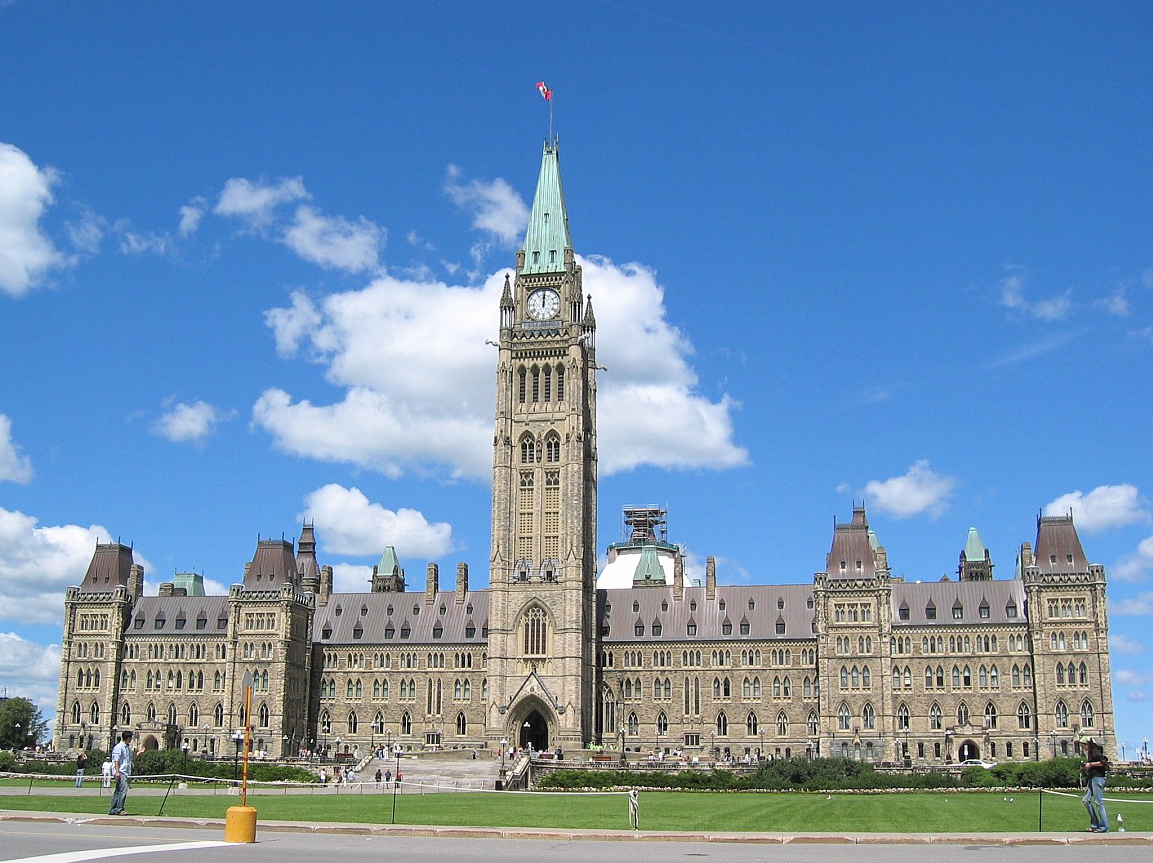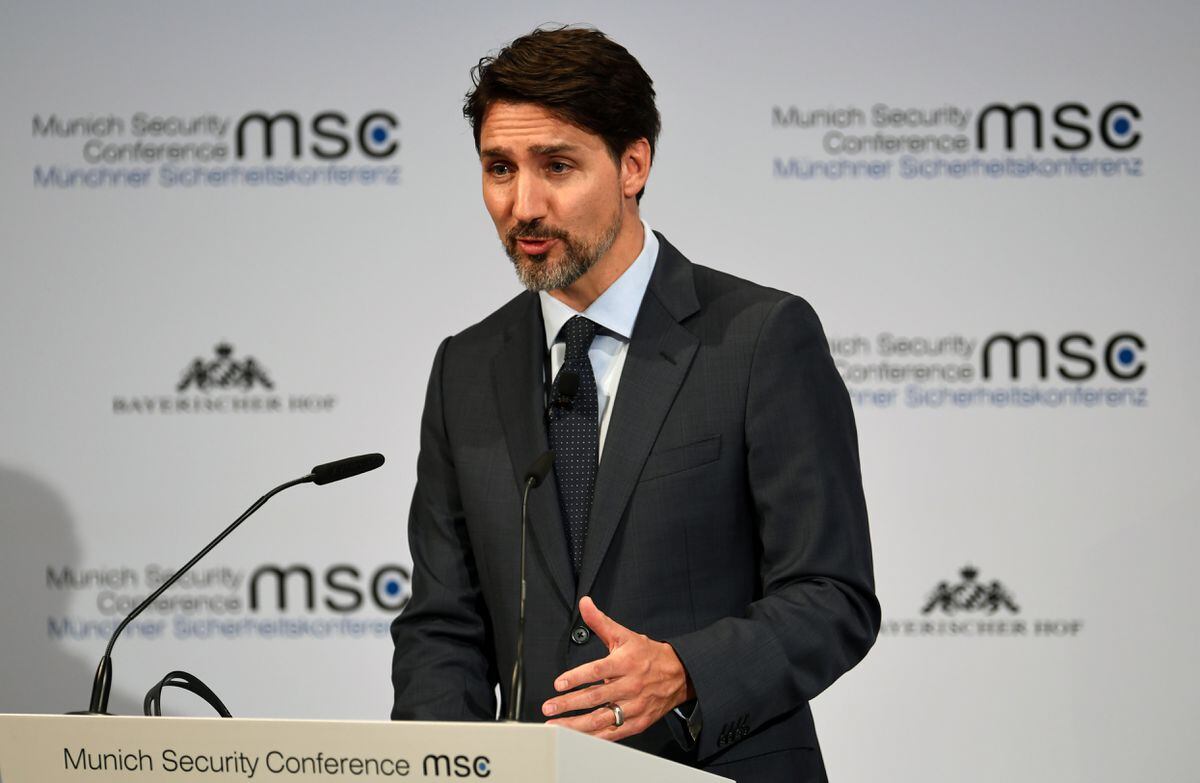The phrase “evidence-based decision-making” was used a lot during the pandemic by government officials. “Following the science” was another common one.
It’s strange, then, that a government claiming to believe so deeply in rational thought has placed unverifiable spiritual belief at the core of how it judges the environmental impact of energy and other natural resources and infrastructure projects — and has shielded those beliefs from Canada’s transparency laws.
Such is the case with the Impact Assessment Act. Passed in 2019 with Bill C-69, it overhauled the procedure for reviewing potential environmental effects of of a new pipeline or a new mine, for example. It also represents a hypocritical rejection of science by a government that often uses “evidence-based” discourse to tell the public what to do.
Among the new procedures for approving projects is the
requirement for impact assessments to consider “Indigenous knowledge.” In the previous environmental assessment law, this was
optional. Now, Indigenous knowledge is one of the primary
factors in deciding whether a project is likely to cause significant adverse environmental effects.
The definition is vague and fleeting. The law itself defines “Indigenous knowledge” as “Indigenous knowledge of the Indigenous peoples of Canada” which isn’t exactly a definition. It is vague and unscientific, which has reasonably led to
criticism, such as from then-Quebec deputy minister Patrick Beauchesne in 2018; he was promptly accused of racism by legal academics and his minister apologized soon after.
A hypocritical rejection of science by a government that often uses 'evidence-based' discourse to tell the public what to do

apple.news
If we are going to use cultural, not scientific, information when deciding whether to build an important dam, road or pipeline, then that information should at least be available to the public. Such is not the case.
Frustratingly, the law
cloaks Indigenous knowledge with confidentiality,
allowing disclosure only if the knowledge was already public or was necessary for legal reasons. To be sure, I filed an access to information request myself for Indigenous knowledge and, unsurprisingly, was denied any records (the confidentiality clause was cited).
Governments need to start working with us to advance Canadian energy projects and secure Canada's place as part of the solution to the energy crisis

apple.news


